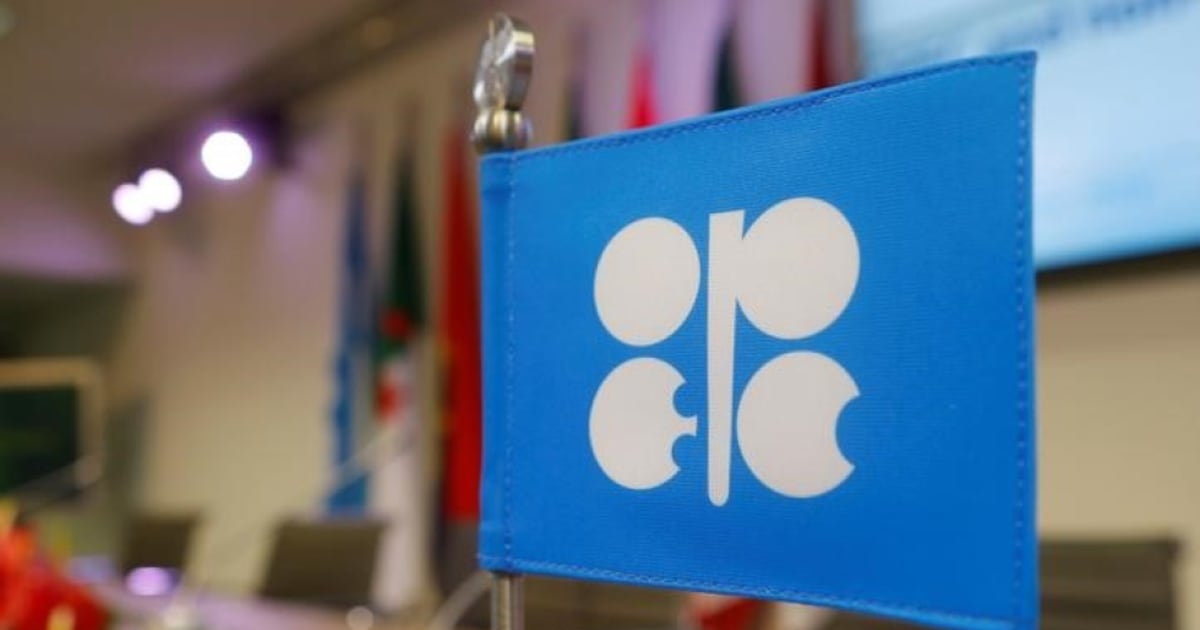OPEC+ Takes Cautious Approach with Modest Oil Output Increase
OPEC+ approves minimal production increase of 137,000 barrels per day for November, reflecting concerns over market oversupply and weakening demand amid global economic uncertainty.

OPEC+ headquarters in Vienna as member nations announce November production quotas
OPEC+ oil producers have opted for a conservative approach in their latest meeting, approving only a minimal increase in production for November amid growing concerns over potential market oversupply and slowing global demand.
Modest Production Increase Amid Market Uncertainty
The alliance agreed to a modest boost of 137,000 barrels per day for November, continuing their measured approach to monthly output increases that began in April. This decision comes as global economic uncertainties persist, affecting energy markets worldwide.
"OPEC+ stepped carefully after seeing how nervous the market had become," explained Jorge Leon of Rystad Energy, a former OPEC official.
Market Response and Price Dynamics
The cautious decision follows a significant market reaction last week, when Brent crude prices tumbled 8% to below US$65 per barrel following reports of potentially larger production increases. The market's response demonstrates the delicate balance OPEC+ must maintain, as global economic pressures continue to influence market stability.
Supply and Demand Challenges
- Current production increases since April total 2.7 million barrels per day
- Group achieving approximately 75% of targeted output
- Most producers already at capacity limits
- Chinese stockpiling and summer demand absorbing additional supply
Future Market Outlook
Analysts predict potential market surplus in coming months as seasonal demand decreases and supply grows from various sources, including the United States, Brazil, and Guyana. The International Energy Agency forecasts a substantial 2026 surplus of 3.3 million barrels per day, while global economic relationships continue to evolve.
The situation remains complex with several unpredictable factors, including potential disruptions to Russian exports due to sanctions and ongoing Chinese stockpiling activities, which could significantly impact supply and demand dynamics in the coming months.
Thomas Reynolds
Correspondent for a London daily, specialist in British foreign policy and transatlantic issues.
